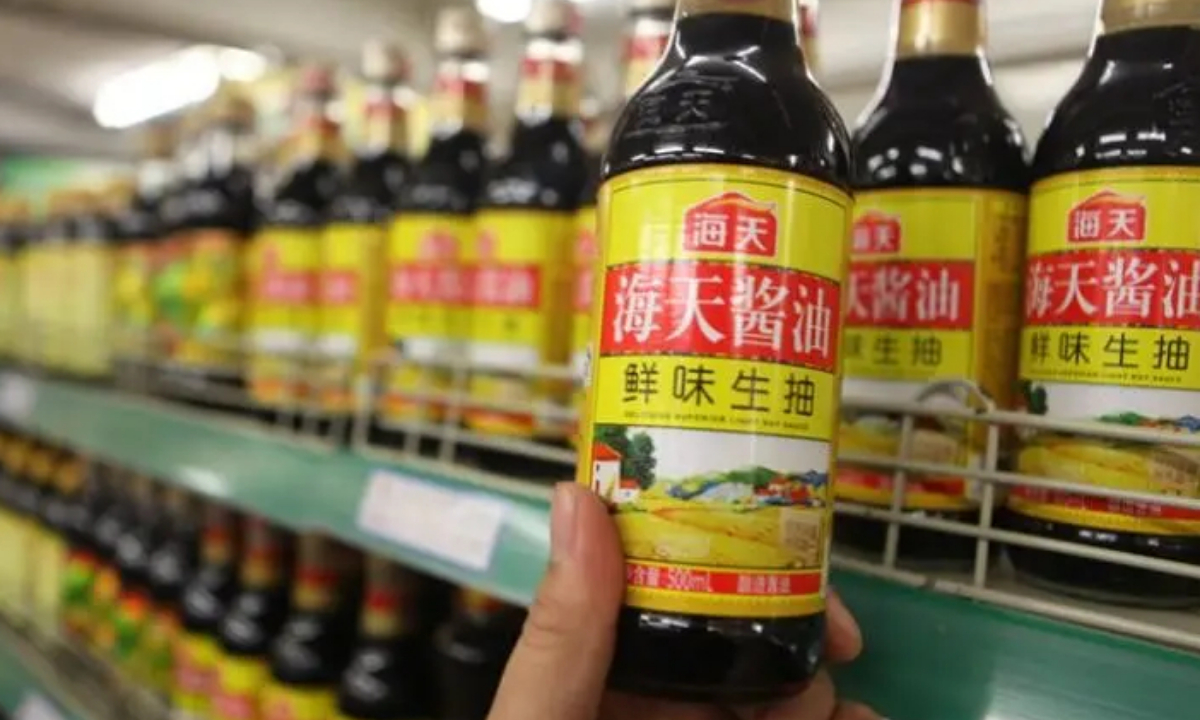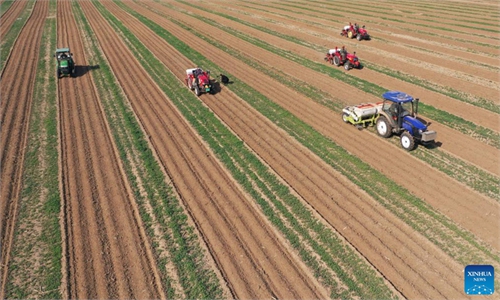
Photo: web
Shares of Chinese food flavoring giant Foshan Haitian Flavoring & Food Co plunged nearly eight percent on Monday opening, after it came to light that the firm was including additional additives in its products sold in China.
Its market value has tumbled by more than 30 billion yuan ($4.21 billion) from September 30, the last trading day before the National Day holiday break. Shares of the stock were further down 9.2 percent to 75.20 yuan per share at the end of the morning trading on Monday.
This comes after the company was reported to use food additives in soy sauce products sold in domestic market which they do not use in products sold in overseas market.
On Sunday, the company issued a clarification notice in response to the recent reports on different standards for food additives between the domestic market and international market.
Haitian said that the company's products are sold to more than 80 countries and regions in the world. The company has high, middle and lower grade products and products that contain food additives and without food additives are available for both domestic and international market.
The company said it accepts the supervision by the market and consumers, further noting that the company's production and operation have not undergone significant changes.
This is the third time the company has responded to a difference in product standards based on geography.
The controversy began late September when users on Chinese social media noted that soy sauce made by the company contained fewer ingredients abroad.
Some netizens noticed that the products sold in many foreign countries only contained natural raw materials such as water, soybeans and wheat without additives, while the ingredients list of Haitian soy sauce sold in domestic market contains more additives, including flavor enhancers, preservatives and sweeteners, thepaper.cn reported.
The company responded on September 30 and October 4, saying that the use and labeling of food additives in all products comply with relevant Chinese standards and regulations. In a statement on October 4, the company said it had the same internal control standards for domestic and foreign products and did not have "double standards."
Yet as the event continues to develop, the discussion about food additives has once again become a hot topic, driven by Chinese consumers’ growing focus on health and nutrition.
Food industry analyst Zhu Danpeng told the Global Times on Monday that as long as food additives fall within national standards they are safe.
“The key is about the amount used," Zhu said.
Experts said that over the long term, this incident will make the whole industry enhance their awareness on food safety and quality.

